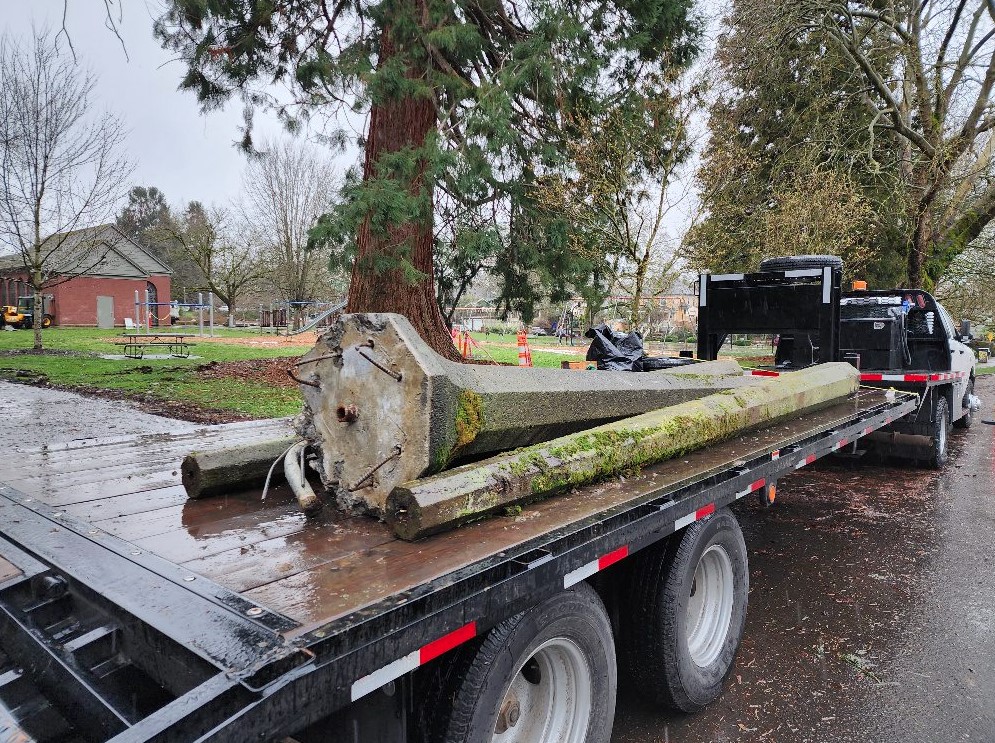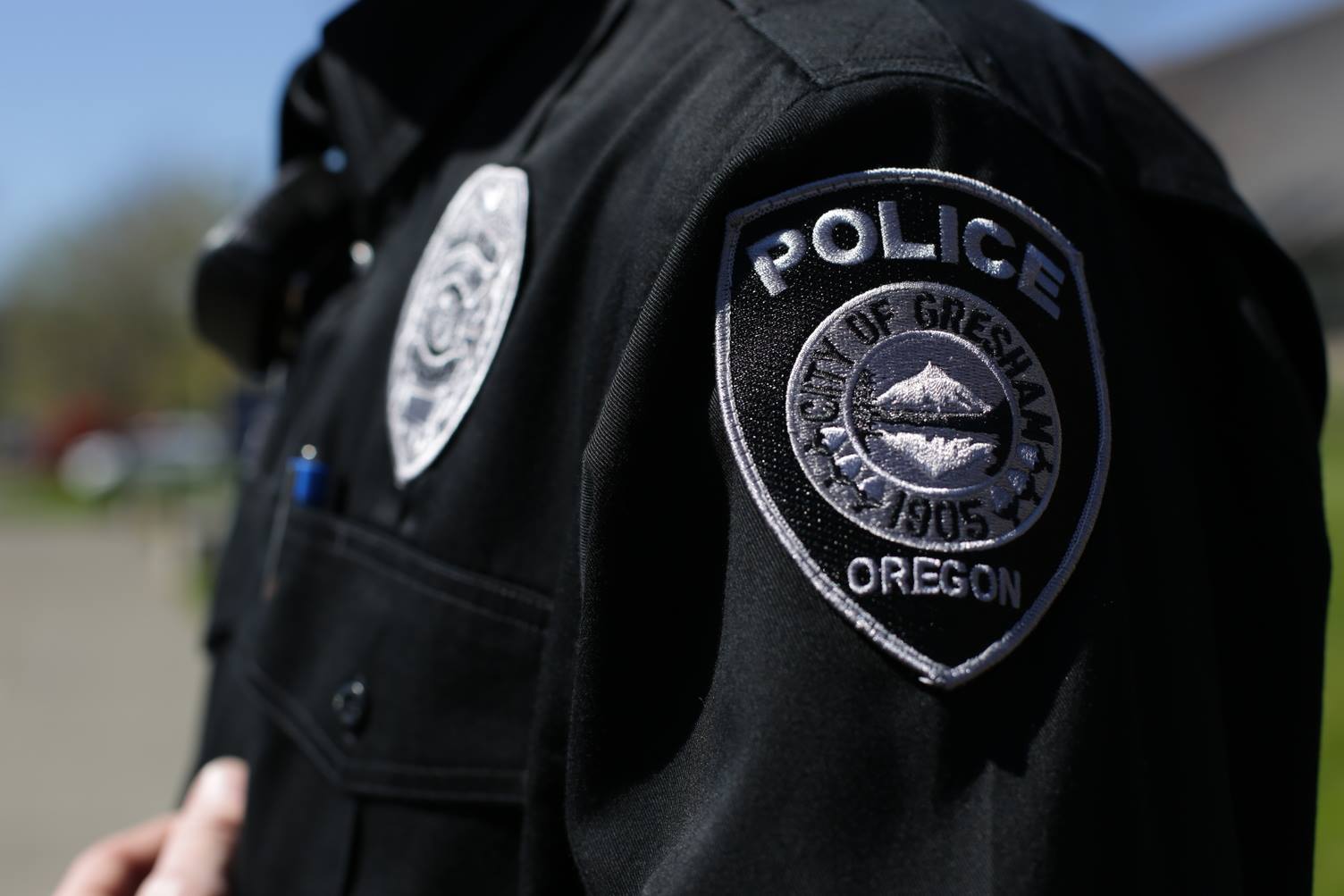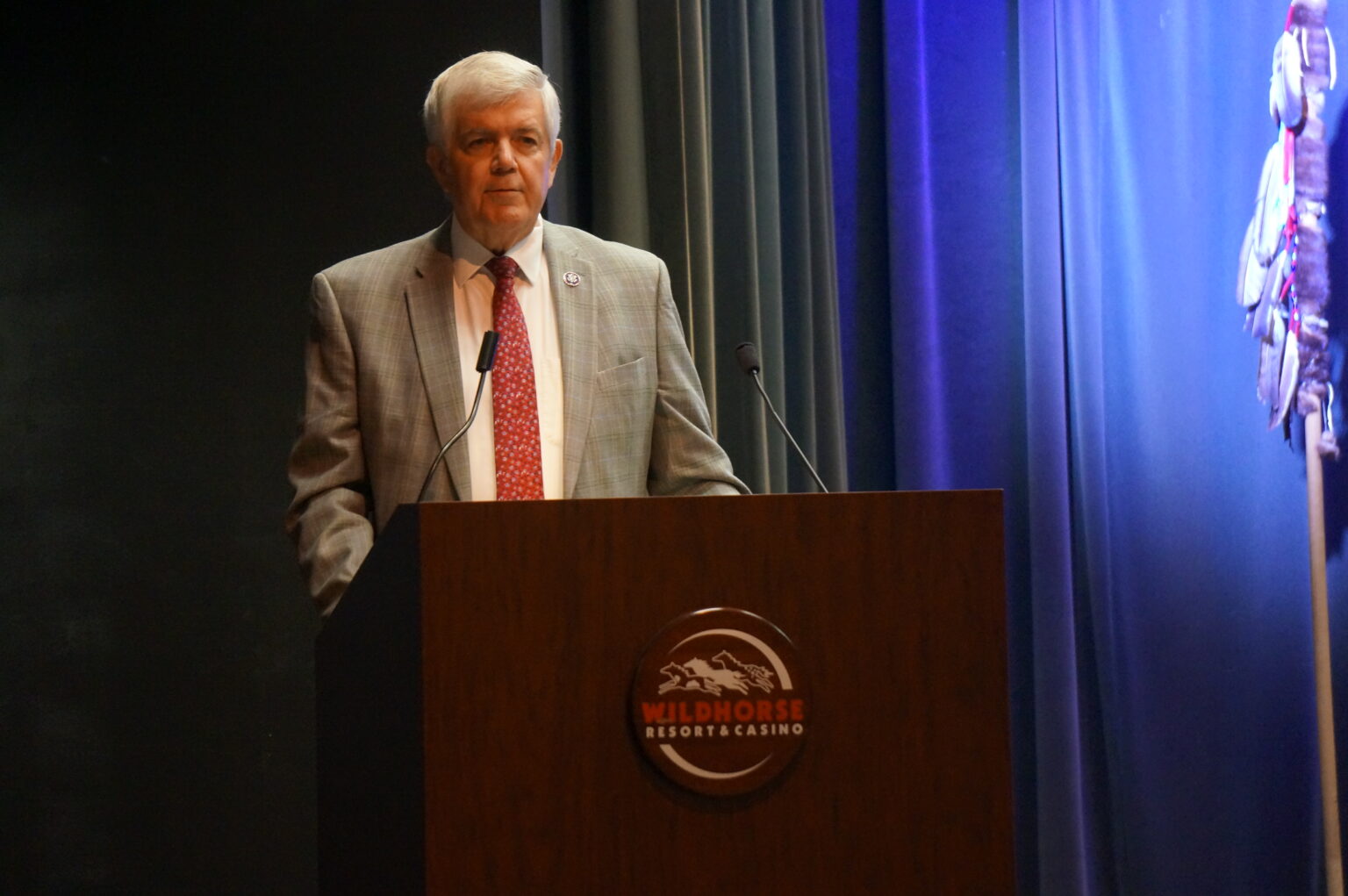$1 billion-a-year Portland infrastructure crisis prompts City Council reaction
Published 10:52 am Tuesday, May 13, 2025

- Portland Parks & Recreation had to replace unstable street lamps in many parks after one fell and injured a person. (Staff file photo)
The City Council is moving to address Portland’s growing infrastructure crisis, now estimated at more than $1 billion per year in deferred maintenance.
The council’s Transportation and Infrastructure Committee unanimously approved a resolution on Monday, May 12, directing top city officials to develop the first-ever citywide asset management strategy to pay for needed infrastructure maintenance, The Oregonian/OregonLive first reported.
“We’re in dire need of a new and collaborative approach toward maintaining our city assets. This work is not necessarily the sexiest work, but it is absolutely critical to everyone who lives in Portland,” Committee Chair Olivia Clark was quoted as saying.
Trending
The resolution now goes to the full council for approval.
Committee approval of the resolution follows the April 23 release of a city audit that found Portland needs to start spending more than $1 billion per year to maintain its streets, sidewalks, parks, sewer system and water pipes.
“For years, the city has underinvested in routine and preventative maintenance of its aging assets. This underinvestment has created a backlog of costly and increasingly urgent needs that the city does not have the funding to meet,” reads the audit, overseen by City Auditor Simone Rede.
The money is in addition to the $93 million the council must find to close a general fund shortfall in the next city budget, which must be balanced before it takes effect on July 1.
The idea that Portland’s government is not maintaining its assets is not new. It has been documented for many years in previous audits and news stories. But the newest audit said the size of the funding gap is spinning out of control.
“As early as 2002, deteriorating infrastructure was reported as a top strategic priority for Portland City Council. In 2007, the city estimated that its annual infrastructure funding gap was $112 million. By 2013, that estimate had grown to $287 million, before ballooning to over $1 billion in 2023,” the audit said.
Trending
The audit identified some agencies especially in need of maintenance funding. For example, Portland Parks & Recreation reported that 20% of its infrastructure — including playground equipment, picnic tables, light poles and trail bridges — could fail within the next 15 years. Portland voters approved a $68 million bond in 2014 for parks maintenance. They approved a fiveyear $47 million-per-year operating levy in 2020, but that money cannot be used for major maintenance.
According to the audit, the city needs a strategy for closing the funding gap before infrastructure failures grow. The change in government approved by Portland voters in November 2020 offers an option, the audit said. All agencies are now under the control of a professional city administrator instead of being assigned to individual council members. That creates the possibility of a comprehensive strategic plan that analyzes the city’s needs and prioritizes spending proposals.
“Given the city’s estimated $93 million budget shortfall, it seems impossible to find more funding for maintaining the public’s assets. But without a strategy for closing Portland’s infrastructure funding gap, it will continue to grow, and to put more assets at risk of failure, resulting in less services to Portlanders,” Rede said.
City Administrator Michael Jordan said he welcomes the audit and its recommendations.
“The City Administrator greatly appreciates the work of the Auditor’s office in assessing the historic challenges the city has had managing its infrastructure in an appropriate and adequate manner and agrees with the general findings of the audit. Charter Reform, resulting in a new form of government, presents a unique opportunity to shift from disconnected and frequently ad hoc management of the city’s assets to a more coordinated and strategic approach moving forward,” Jordan’s office said.







